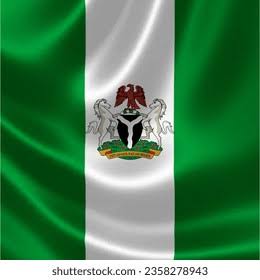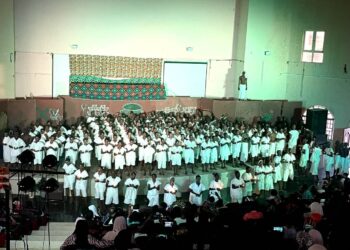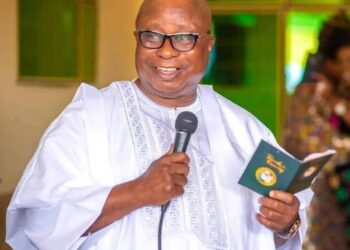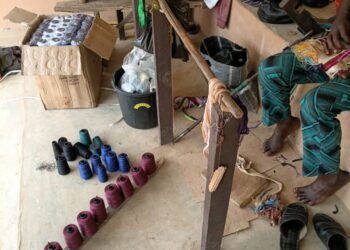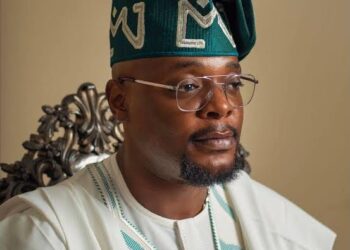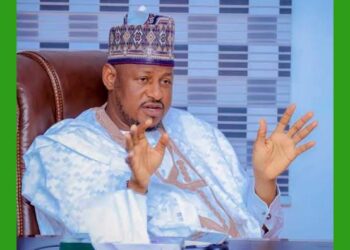By Femi Emmanuel
As Nigeria prepares for the 2027 general elections, a familiar pattern is already emerging across the country: politicians flocking to religious worship centres and social gatherings in search of votes. From Sunday pulpits to Friday mosques, from wedding receptions to funeral ceremonies, many aspirants and officeholders see every large crowd as an opportunity to advertise their ambitions — whether or not they were invited to speak.

Observers note that this trend, though not new, is becoming more aggressive in the run-up to elections. Politicians often seize the microphone during thanksgiving services, crusades, community meetings, birthdays, and even burial events, turning solemn or celebratory moments into mini campaign rallies. For some, the size and diversity of these audiences make them irresistible platforms for delivering political messages under the guise of greetings or goodwill.
Critics argue that such practices reveal a deeper problem in Nigeria’s political culture: self-interest over public service. Rather than cultivating genuine relationships with constituents throughout their tenure, many leaders reappear only when elections draw near. They distribute food items, wrappers, or small amounts of cash, hoping to buy loyalty instead of earning it through consistent performance.
Analysts warn that this “cash-and-carry” approach undermines democratic accountability. When citizens accept stipends or handouts in exchange for support, they lose the moral authority to demand good governance. Worse still, it blurs the boundary between sacred spaces, civic life, and partisan politics — eroding the neutrality expected of religious institutions and community gatherings.
To reverse the trend, experts advocate broad political education and sensitization ahead of 2027. Voters, they say, must be reminded that the Constitution gives them the power to choose leaders who are competent, credible, and committed to national progress — not just those who show up with rice, oil, or envelopes of money during election season.
Stakeholders also call on faith leaders, traditional rulers, and event organizers to safeguard their platforms from partisan exploitation. Establishing clear rules on political speeches during services or ceremonies, they suggest, will help preserve the sanctity of worship and the integrity of social functions.
Ultimately, the health of Nigeria’s democracy depends on informed choices. If citizens reject inducements and evaluate candidates on their records and plans, the nation can produce leaders who prioritise the people’s welfare over personal gain. The coming elections offer Nigerians another chance to insist on accountability, transparency, and the true dividends of democracy.
You can get every of our news as soon as they drop on WhatsApp ...To get all news updates, Join our WhatsApp Group (Click Here)

